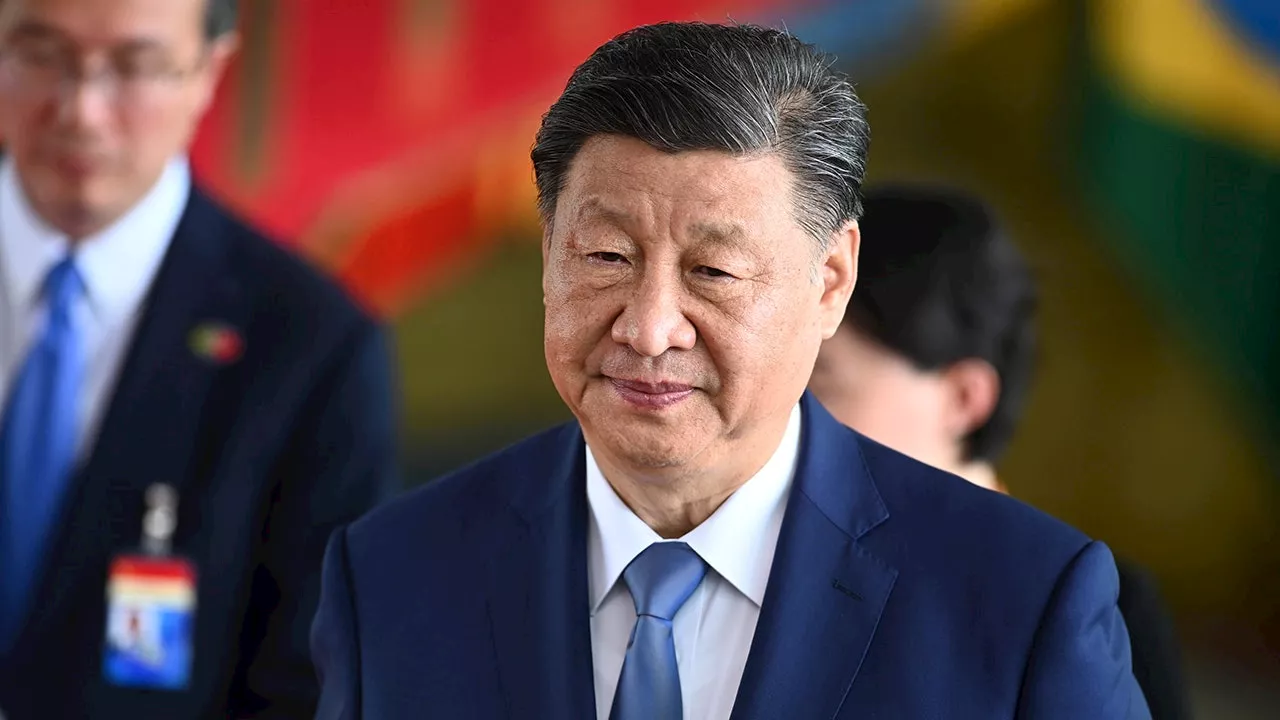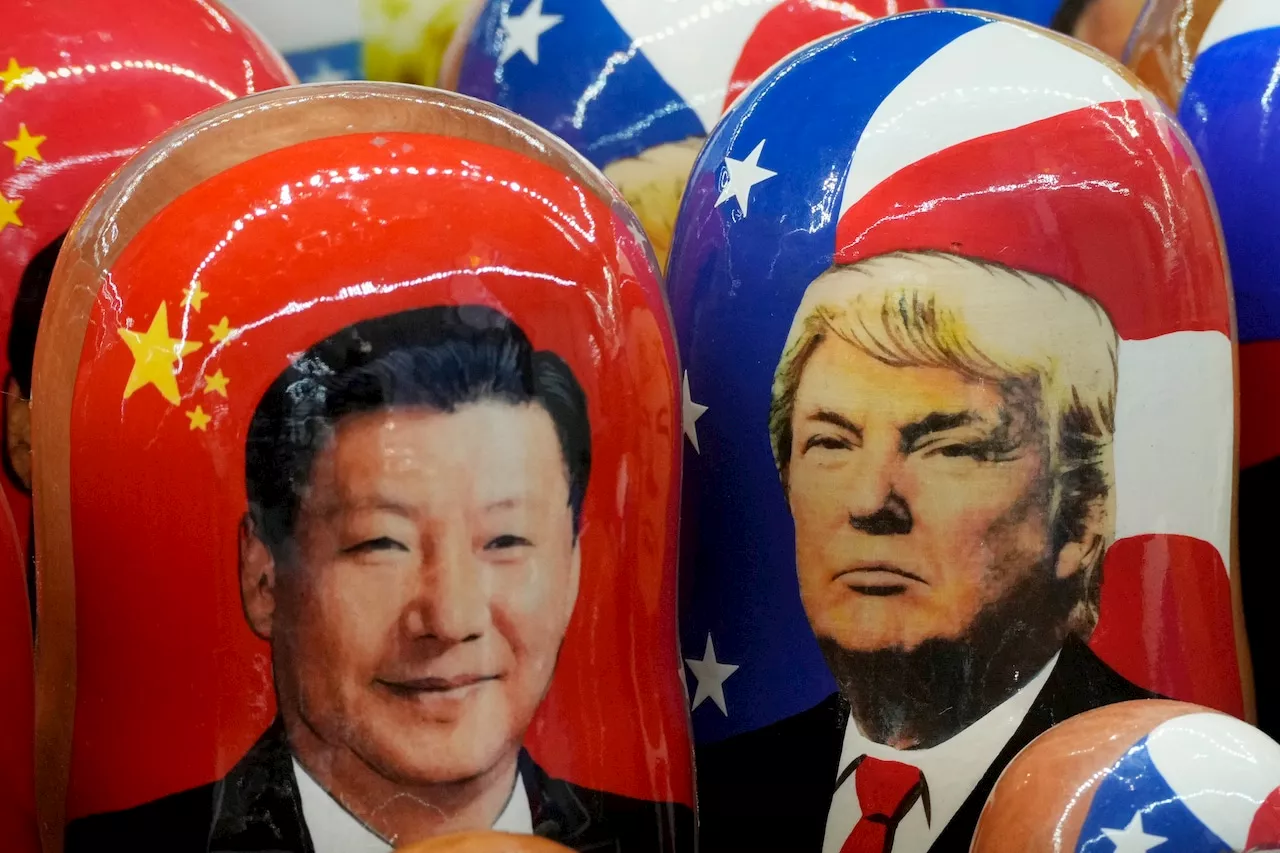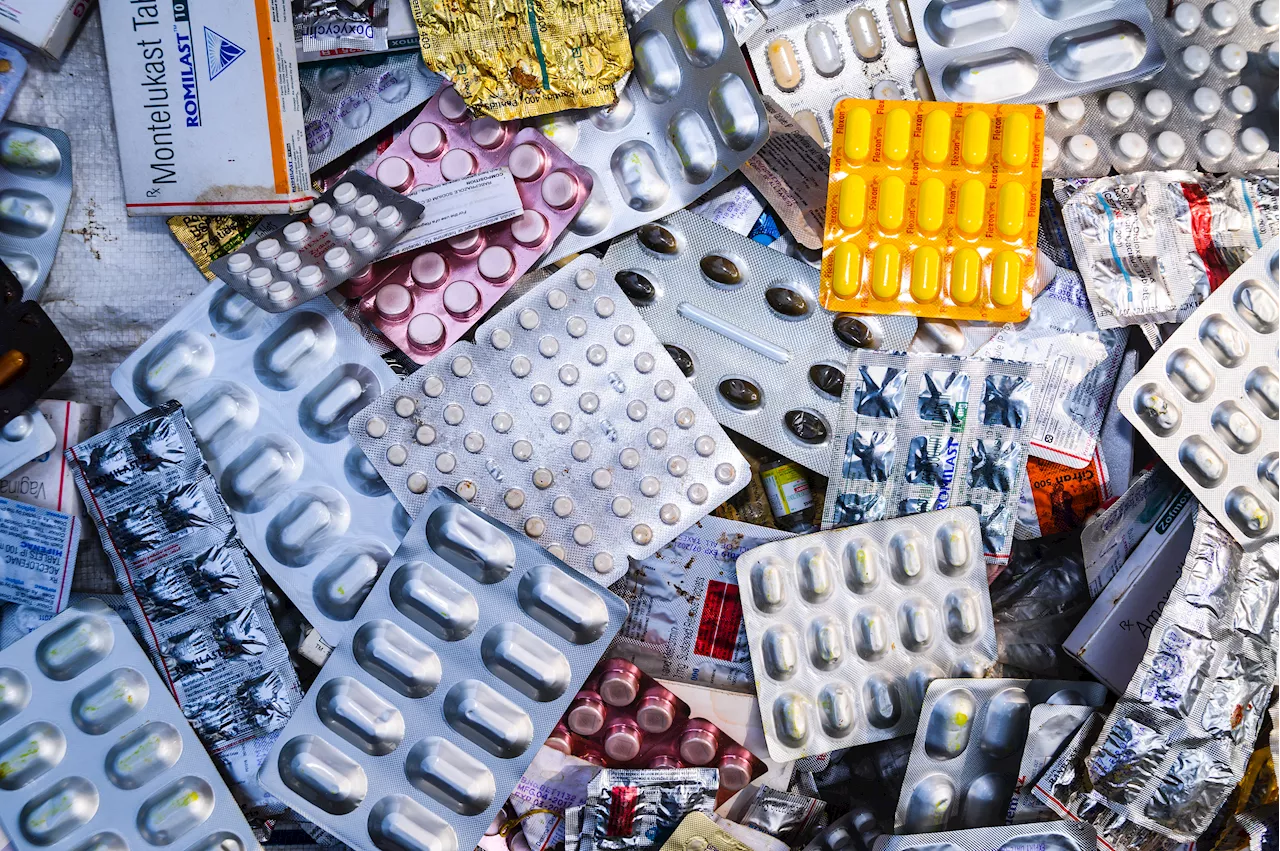The Trump administration's imposition of tariffs on imports from China and India is generating alarm among experts who warn that the move will significantly increase the cost of generic drugs in the United States and likely exacerbate existing drug shortages.
Tariffs imposed by the Trump administration on imports from China and India are likely to drive up the cost of generic drugs in the United States and exacerbate drug shortages , experts say. About half of the generic drugs people take in the U.S.
— including cancer drugs, antibiotics and blood thinners — are made entirely overseas, where an even greater share of the active pharmaceutical ingredients, or APIs, used in drugs comes from abroad: around 80%, according to data shared by United States Pharmacopeia, a nonprofit group that focuses on the safety of the drug supply chain. In 2023, China had about 219 API facilities, up from 134 in 2021, according to the group. India remains the largest global producer of APIs, with about half of all facilities.Unlike brand-name drugs, generics are sold at low prices, often close to the cost they were made, meaning any disruptions, like tariffs, will significantly impact their affordability. While shortages are likely to be immediate, “I would expect prices will increase in the next few months,” said one expert. “When generic drugs are sold through distributors and through the supply chain, there’s usually a contract,” he said. “It might take a few months before some of those contracts turn over and we get newer contracts with higher prices.” Vimala Raghavendran, vice president of informatics product development at the U.S. Pharmacopeia, said that typically, companies hold several months of inventory of API. “Thus the effects of any policy changes may take a while to trickle through the supply chain,” she said. In a statement, John Murphy III, president and CEO of the Association for Accessible Medicines, called on the Trump administration to provide an exemption. “From the base ingredients to the finished products, U.S. medicines rely on a global supply chain that is already stressed and in need of strengthening,” he said. “Generic manufacturers simply can’t absorb new costs.” Rena Conti, an associate professor at Boston University’s Questrom School of Business, said there are protections in place that may help. That includes state anti-price gouging laws and a Biden-era tax on drugmakers that raise the prices of their drugs faster than inflation. “So if any manufacturer wants to go ahead and increase their prices, they’re going to pay a different tax on the other end if they do so,” she said. In the near term, Conti said, she’s concerned about hospitals and pharmacists stockpiling drugs to avoid paying a higher cost — something that could exacerbate disparities in the U.S. She said she has already heard about pharmacies going through their drug lists to see which products might be vulnerable to tariffs. Tariffs or customs duties are a tax on products purchased from abroad, and they are used by practically all countries. “Better resourced hospitals and pharmacies have enough money or wherewithal to call their wholesaler to see if they can buy more of certain types of products,” she said. “Mom-and-pop pharmacies or small hospitals, rural hospitals that don’t actually buy a lot of drugs to begin with, they’re going to have difficulty getting things if they’re panic-buying.” Arthur Caplan, head of the division of medical ethics at NYU Langone Medical Center in New York City, said it’s unlikely that the tariffs will spur production in the U.S. as Trump’s tariffs, he said, also mean that the U.S. can’t rely on its neighbors — Mexico and Canada — to help mitigate the issue. On Saturday, Trump imposed 25% tariffs on the bordering countries. The tariffs on Mexico have been delayed a month after the countries reached an agreement
GENERIC DRUGS TARIFFS DRUG SHORTAGES CHINA INDIA UNITED STATES PHARMACEUTICAL INDUSTRY API ACTIVE PHARMACEUTICAL INGREDIENT
United States Latest News, United States Headlines
Similar News:You can also read news stories similar to this one that we have collected from other news sources.
 Trump Tariffs Live Updates: 10% Tariffs On China Goes Into Effect As Beijing Outlines Retaliation PlanEconomists have broadly predicted Trump’s tariffs will raise prices and harm the economy.
Trump Tariffs Live Updates: 10% Tariffs On China Goes Into Effect As Beijing Outlines Retaliation PlanEconomists have broadly predicted Trump’s tariffs will raise prices and harm the economy.
Read more »
 China Retaliates Against US Tariffs With Tariffs of Its Own and Antitrust Probe of GoogleChina responds to US tariffs with retaliatory measures, including tariffs on various US imports and an antitrust investigation into Google. The situation raises concerns about a potential trade war and its impact on the global economy.
China Retaliates Against US Tariffs With Tariffs of Its Own and Antitrust Probe of GoogleChina responds to US tariffs with retaliatory measures, including tariffs on various US imports and an antitrust investigation into Google. The situation raises concerns about a potential trade war and its impact on the global economy.
Read more »
 China responds with tariffs on US goods after Trump's tariffs on Chinese imports take effectChina imposed tariffs on some U.S. imports in response to new tariffs President Donald Trump put on Chinese goods beginning shortly after midnight on Tuesday.
China responds with tariffs on US goods after Trump's tariffs on Chinese imports take effectChina imposed tariffs on some U.S. imports in response to new tariffs President Donald Trump put on Chinese goods beginning shortly after midnight on Tuesday.
Read more »
 China Retaliates Against US Tariffs with Own Tariffs and Google ProbeChina responded to President Trump's tariffs on Chinese goods with tariffs of its own on US imports, including coal, liquefied natural gas, crude oil, agricultural machinery, and large-engine cars. China also announced an antitrust investigation into Google and export controls on several critical minerals.
China Retaliates Against US Tariffs with Own Tariffs and Google ProbeChina responded to President Trump's tariffs on Chinese goods with tariffs of its own on US imports, including coal, liquefied natural gas, crude oil, agricultural machinery, and large-engine cars. China also announced an antitrust investigation into Google and export controls on several critical minerals.
Read more »
 Trump's Tariffs on China Spark Retaliation, Mexico-Canada Tariffs DelayedPresident Trump imposed tariffs on Chinese goods, triggering immediate retaliatory measures from China. Tariffs on Mexico and Canada have been temporarily postponed to allow for further trade and border security talks.
Trump's Tariffs on China Spark Retaliation, Mexico-Canada Tariffs DelayedPresident Trump imposed tariffs on Chinese goods, triggering immediate retaliatory measures from China. Tariffs on Mexico and Canada have been temporarily postponed to allow for further trade and border security talks.
Read more »
 China imposes 15% tariffs on coal, LNG in response to Trump's tariffsChina has announced retaliatory tariffs on select American imports and an antitrust investigation into Google, just minutes after a sweeping levy on Chinese products imposed by U.S. President Donald Trump took effect. This isn’t the first round of tit-for-tat actions between the two countries. China and the U.S.
China imposes 15% tariffs on coal, LNG in response to Trump's tariffsChina has announced retaliatory tariffs on select American imports and an antitrust investigation into Google, just minutes after a sweeping levy on Chinese products imposed by U.S. President Donald Trump took effect. This isn’t the first round of tit-for-tat actions between the two countries. China and the U.S.
Read more »
